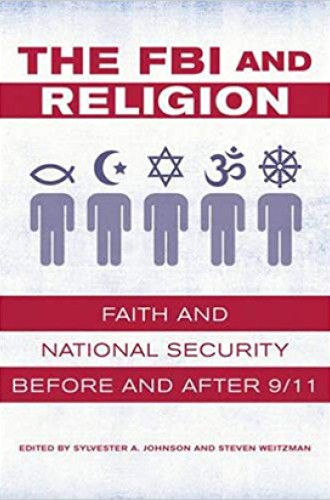How the FBI has shaped American religion
J. Edgar Hoover's influence was even farther reaching than we know.
From its inception in 1908, the Federal Bureau of Investigation has kept a close eye on American religious institutions, communities, and religiously inspired political movements, regarding some as allies, others as threats to national security, and others as susceptible to malign foreign influence and infiltration.
Some of this story is already well known—especially the FBI’s surveillance and harassment of Martin Luther King Jr. and the Southern Christian Leadership Conference, the Nation of Islam and Malcolm X, and, more recently, American Muslim communities after 9/11.
What makes this book especially valuable is its focus on the FBI as a key actor in the history of religion in America. It demonstrates just how deep and wide-ranging the FBI’s interests in (and anxieties about) religious communities have been. Groups that advocated pacifism, asserted ethnic or racial pride, or were internationally oriented attracted the government’s suspicious gaze. Even the so-called mainline Protestant churches did not escape the bureau’s attentions.





